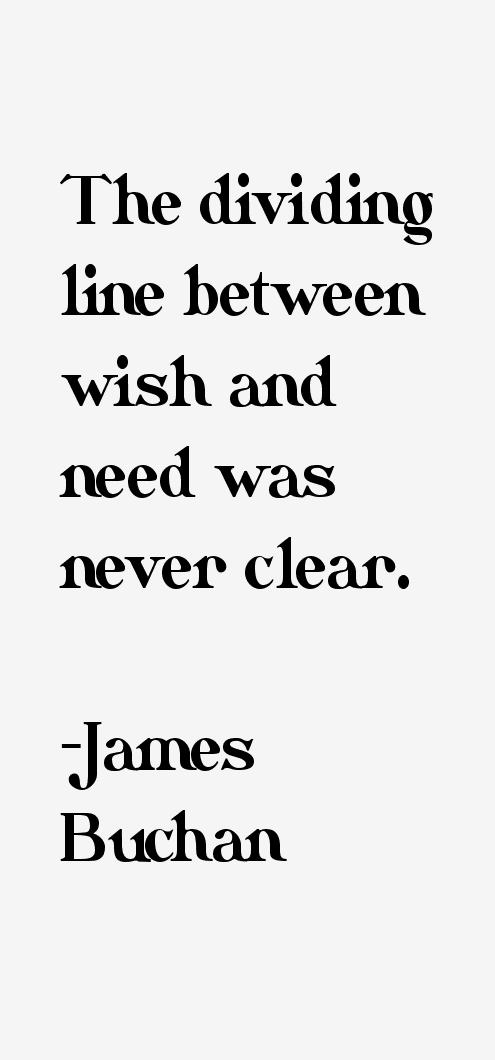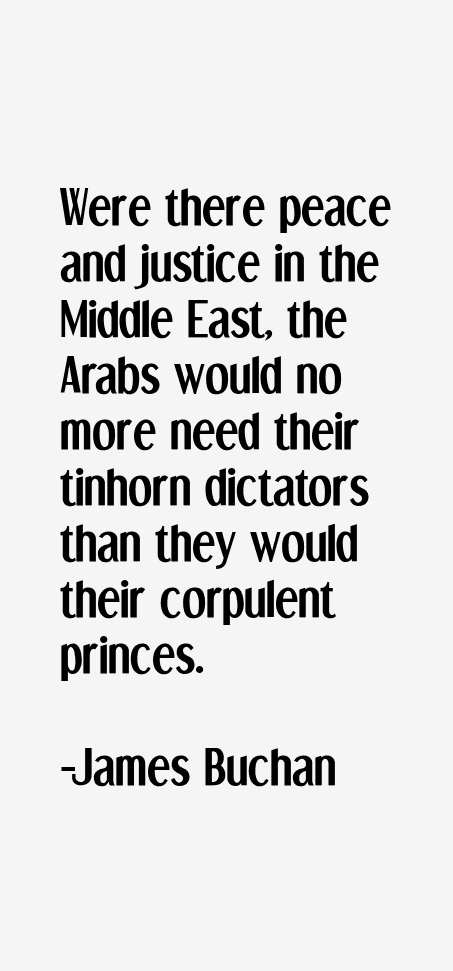James Buchan Quotes & Sayings (Page 5)
James Buchan quotes and sayings page 5 (novelist). Here's quote # 41 through 50 out of the 68 we have.

“In falling markets, there is nothing that has not happened before. The bear or pessimist sees only the past, which imprisons the wretched financial soul in eternal circles of boom and bust and boom again.”
“My belief, for what it is worth, is that city dwellers cannot understand the world. Insulated from reality by complex and expert systems of provision and police, baffled by fashion and spectacle, city dwellers can distinguish neither the sources of their existence nor the consequences.”
“The aircraft that blew up the World Trade Center in New York and the Pentagon in Washington conveyed several messages to the world, of which one of the least remarked is this: the Muslims of the world are suffering.”
“The truth is, of course, that history is not completed in modern commerce any more than philosophy is perfected in political economy. In other words, there is nothing timeless or God-given about filling stations and penicillin and plastic bags.”
“Viewed from a distance, or through the eye of the All-Knowing CEO of the Universe, the crash of 2008 followed the usual pattern. A long-lived boom driven by cheap credit, going back as far as 1982 (though subject to interruptions in the mid-1980s and 1990s, and in 2001), came to grief because of a rise in the cost of borrowing money.”

“The dividing line between wish and need was never clear.”

“Were there peace and justice in the Middle East, the Arabs would no more need their tinhorn dictators than they would their corpulent princes.”

“Europe and North America, we are told, are less dependent on energy-intensive heavy industry than in the 1960s and 1970s. It seems we squeeze more GDP out of a barrel of oil than in those benighted days.”
“When Gordon the Brown, in London in 1997, commissioned a great inquisition or survey of his new realm, the result was the so-called national asset register, which was immediately dubbed by the boomers of the UK Treasury 'the modern Domesday Book.'”
“Even before he came to power in 1997, Gordon Brown promised to change the accounts to parliament from simple litanies of cash in and cash out, to a more commercial system that took notice of the public property the departments were using. This system is known as resource accounting.”
James Buchan Quotes Rating
No Ratings Yet
Leave A Comment
























